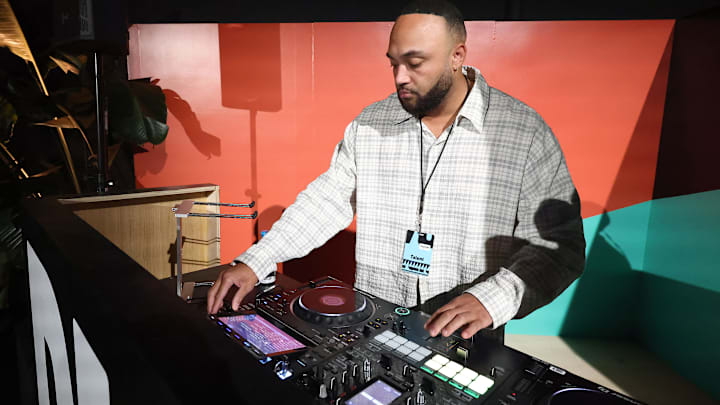A cultural revolution was brewing in the heart of the Bronx amidst block parties and breakdancing battles. It was the late 1970s and a new genre called hip-hop was emerging from the streets. But it wasn’t just about rapping and dancing—it was a movement that would forever change music, fashion, and society.
The Birth of Hip-Hop
Hip-hop’s roots lie in the collaborative spirit of New York block parties. DJ Kool Herc, inspired by the dancehall culture of his Jamaican hometown, introduced the world to extended breakbeats and call-and-response routines. These block parties birthed a genre that would soon captivate the globe.
The Beat Machines: 808 and MPC
Drum machines like Roland’s TR-808 allowed producers to create original beats, moving away from breakbeats. The 808’s iconic bass drum sound became synonymous with hip-hop, shaking club PA systems worldwide. Meanwhile, the MPC (MIDI Production Center) revolutionized beat-making, enabling artists like J Dilla to craft intricate rhythms and sample-based tracks.
Auto-Tune: From Gimmick to Global Phenomenon
Enter Auto-Tune—the controversial tool that transformed voices into robotic perfection. Cher’s “Believe” marked its debut, but Kanye West’s “808s & Heartbreak” pushed Auto-Tune into the mainstream. Love it or hate it, Auto-Tune became hip-hop’s secret weapon, from T-Pain’s hooks to Beyoncé’s trap-infused “Apeshit.”
The Impact and Beyond
Hip-hop’s influence extends beyond music. It shapes fashion, language, politics, and technology. From the streets to the mainstream, hip-hop continues to redefine cultural norms. So next time you hear an 808 bass or a perfectly tuned vocal, remember—it’s not just a sound; it’s the heartbeat of a global movement.
